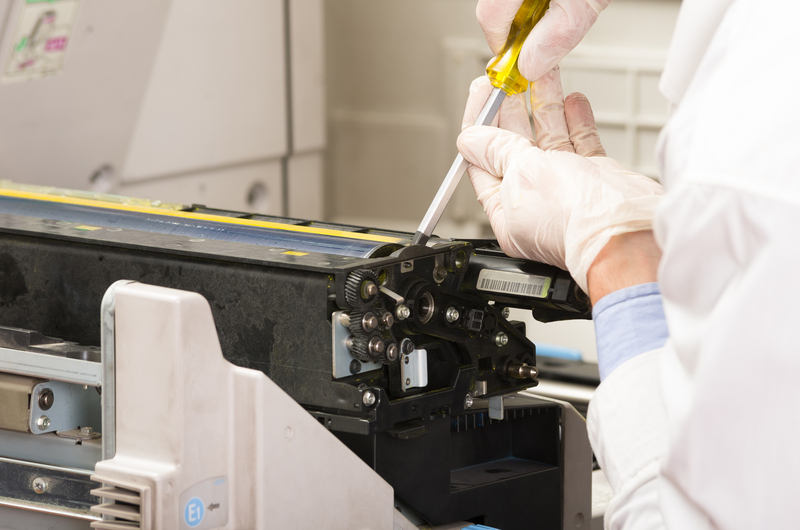Recycling Tips for Young Minds
Posted on 12/09/2025
Recycling is an important part of maintaining a sustainable environment. Teaching young minds about recycling not only helps the planet but also instills responsibility and environmental awareness from an early age. This article provides actionable recycling tips and insights tailored specifically for kids and teenagers.
Why Recycling Matters
Recycling is vital because it helps reduce the amount of waste that ends up in landfills, conserves natural resources, saves energy, and reduces pollution. By understanding the significance of recycling, young individuals can make informed decisions that positively impact the environment.

Start with the Basics
The first step in recycling is to understand the different types of materials that can be recycled and how to sort them correctly. Common recyclables include paper, cardboard, glass, plastics, and metals. Encourage young minds to read labels on recycling bins and follow the guidelines.
- Paper: Newspapers, magazines, and notebooks.
- Cardboard: Cereal boxes and packaging.
- Glass: Bottles and jars.
- Plastics: Containers and bottles marked with recycling symbols.
- Metals: Aluminum cans and tin cans.
Creative Recycling Projects
Make recycling fun by incorporating creative projects. Kids can use recycled materials for craft projects or even garden composting. Here are some ideas:
- DIY Crafts: Use plastic bottles to create bird feeders or planters.
- Paper M?ch?: Turn old newspapers into art pieces.
- Composting: Create a backyard compost bin using organic waste.
Engage Through Education
Incorporate recycling education into school curriculums and at home. Here are some effective methods:
- Books and Videos: Use educational books and videos to explain recycling.
- Field Trips: Visit recycling centers or waste treatment facilities.
- Interactive Workshops: Conduct workshops that teach the practical side of recycling.
Get the Community Involved
Encouraging community involvement helps reinforce recycling habits. Organize community-based recycling programs or cleanup events. This not only teaches young minds but also strengthens community bonds.
Recycling Tips for Young Minds
- Start Small: Begin with recycling basic items and gradually include more complex materials.
- Stay Curious: Always ask questions about what can be recycled and how.
- Lead by Example: Parents and teachers should practice recycling to set an example.
- Use Recyclable Products: Opt for products that are made from recycled materials.
- Reduce and Reuse: Before recycling, consider if the item can be reused or repurposed.
Pros and Cons of Recycling
Recycling has numerous benefits but also some drawbacks that should be considered.
Pros
- Environmental Preservation: Reduces waste and conserves natural resources.
- Energy Conservation: Saves energy compared to producing new materials.
- Economic Benefits: Creates jobs in the recycling and manufacturing industries.
- Pollution Reduction: Lessens pollution from waste incineration and landfill use.
Cons
- Cost: Recycling programs can be expensive to implement and maintain.
- Quality Variability: Recycled materials may be of lower quality than new materials.
- Public Participation: Effectiveness depends on public participation and proper sorting.
- Contamination: Incorrectly sorted or contaminated recyclables can cause issues.

Takeaways
- Recycling is crucial for environmental sustainability, energy conservation, and pollution reduction.
- Educating young minds about recycling can lead to lifelong environmental responsibility.
- Incorporate fun and engaging activities to make recycling a more enjoyable experience for kids.
- The pros of recycling usually outweigh the cons when implemented correctly.
Conclusion
Recycling is an essential practice for safeguarding our environment and conserving resources. Teaching young minds about the importance and methods of recycling can make a significant difference. By starting with the basics, engaging through creative projects and education, and encouraging community involvement, we can foster a generation that values and actively participates in recycling. With pros like environmental preservation and economic benefits, and some manageable cons, recycling stands out as a powerful tool for sustainability.
Latest Posts
Hard Waste: Disposal Guidelines
Large Furniture Disposal Techniques
PPE Environmental Impact Mitigation



